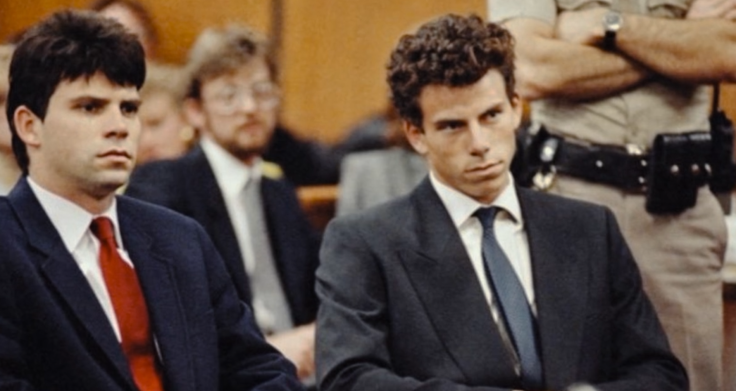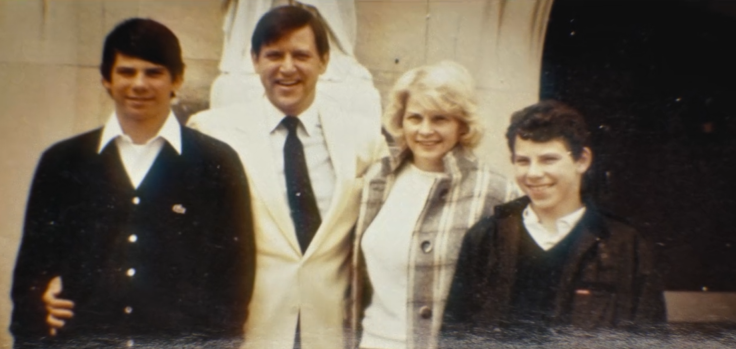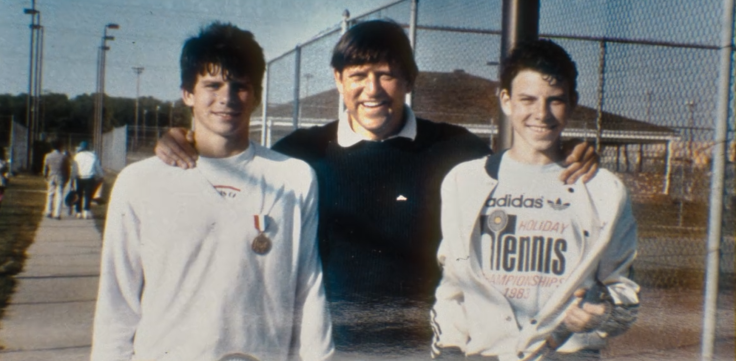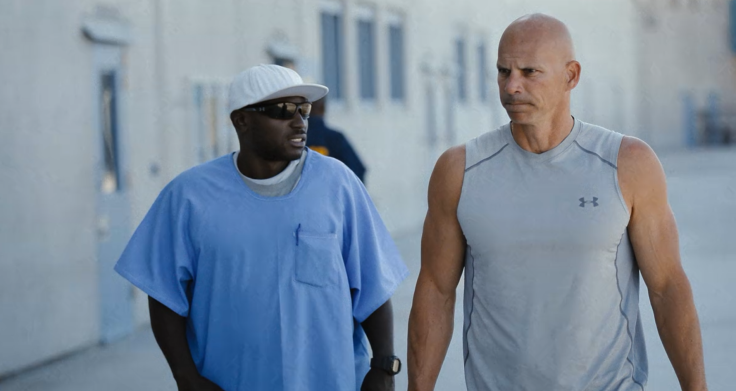Lyle and Erik Menendez: The Truth Behind Their Wealth, Age, and Resentencing Battle
On May 13, a Los Angeles judge resentenced the Menendez brothers to 50 years to life, replacing their original life-without-parole

Lyle and Erik Menendez, who were convicted in the 1990s for the killing of their parents, José and Kitty Menendez, in their Beverly Hills home, are once again in the spotlight. This time, more than 35 years later, the brothers finally have the chance to walk on the path of freedom.
On May 13, a Los Angeles judge resentenced them to 50 years to life, replacing their original life-without-parole term. Due to changes in California law, the Menendez brothers, who are now in their 50s, are eligible to apply for parole.
The case, which once symbolised privilege, dysfunction, and public fascination, is now part of a broader conversation around youth sentencing, trauma, and criminal justice reform.
The Role of Wealth — Before and After the Crime
At the time of the killings in 1989, the Menendez family appeared to be living the American dream. José Menendez, a successful entertainment executive, had built a multimillion-dollar career, moving his wife and two sons into a sprawling Beverly Hills mansion. The boys attended elite schools, played tennis, and enjoyed the lifestyle most only saw in movies.
However, just months after their parents' deaths, the image of grieving sons began to unravel. Reports suggested that Lyle and Erik spent hundreds of thousands of dollars on luxury items — designer clothes, Rolex watches, a Porsche, restaurants, and travel. Within a year, they had reportedly burned through over $1 million of their parents' estate.

This extravagant spending became a crucial part of the prosecution's argument during the trial. Prosecutors painted a picture of two young men driven by greed, determined to access their inheritance early.
The defence, meanwhile, argued that the money was a distraction — that the real motive lay in years of sexual and emotional abuse at the hands of their father.
What Happened to the Inherited Money?
After their conviction in 1996, control over the Menendez estate shifted. The brothers, as convicted murderers, were legally barred from inheriting any of their parents' wealth due to California's "slayer rule," which prevents killers from benefiting from their crimes.
Most of the remaining estate, including properties, investments, and insurance claims, was used to settle legal fees, civil suits, mortgage and taxes. Ultimately, neither Erik nor Lyle retained any significant assets or personal wealth. Their sprawling mansion in Beverly Hills was also reportedly sold in 1991 for $3.6 million.
Today, both brothers are considered to have no financial assets to their names. They have spent the last 30 years in prison, where they have reportedly engaged in education and rehabilitation programmes, but with no access to outside income or inheritance.
Resentencing and the Path Ahead
On May 13, Judge Michael Jesic ruled that the brothers' life-without-parole sentences should be reduced, citing California's revised guidelines for people who were under 26 when they committed their crimes.

The judge did not declare the brothers rehabilitated — that decision now rests with the state parole board — but said they should at least be given the opportunity to make their case.
In statements to the court, both Erik and Lyle took full responsibility for the murders and expressed deep remorse, reports said. According to NBC, Lyle described himself as 'ashamed' of the person he was at the time, while Erik admitted to lying and trying to escape responsibility.
A clemency hearing is scheduled for June, where Governor Gavin Newsom will have the power to weigh in on their future.

Why This Case Still Captures Attention
The case of the Menendez brothers continues to resonate because it exists at the intersection of wealth, trauma and justice. Their privileged background made the crime seem even more unthinkable to the public at the time. But over the years, shifting attitudes toward abuse — especially male victims — have reshaped how some people view the brothers' actions.
High-profile figures like Kim Kardashian have also urged the California court to reconsider their sentence. In a 2024 Instagram post, Kim said, 'It's time for the Menendez brothers to be freed.
We are all products of our experiences. They shape who we were, who we are, and who we will be.... You think you know the story of Lyle and Erik Menendez. I certainly thought I did.'
Documentaries and streaming series have reignited public interest, and the case has become a lightning rod for discussions about how society treats young offenders, particularly those who come forward with claims of family abuse.
Whether the brothers will finally see freedom one day remains uncertain. However, the resentencing signals a significant shift — not just in their case, but in how the justice system may begin to view youth, trauma, and even privilege.
© Copyright IBTimes 2025. All rights reserved.





















